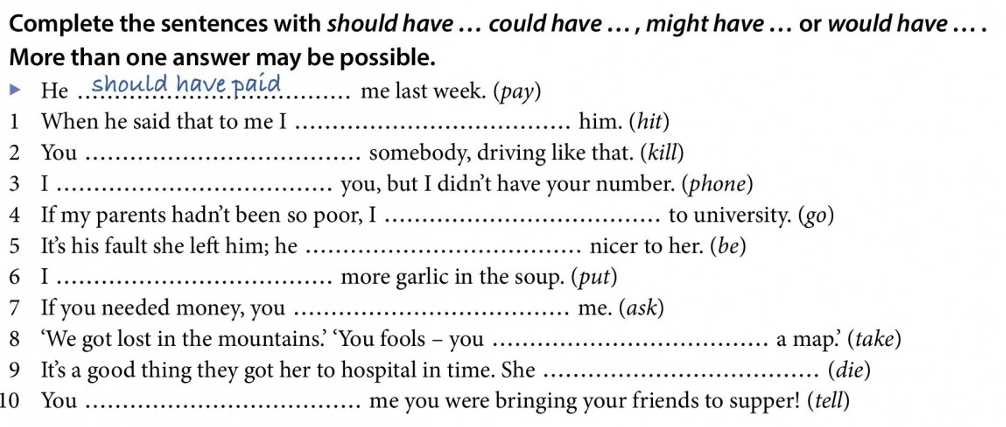Học tại trường
Chưa có thông tin
Đến từ
Thành phố Hồ Chí Minh , Chưa có thông tin
Số lượng câu hỏi
386
Số lượng câu trả lời
30
Điểm GP
3
Điểm SP
7
Người theo dõi (3)
Đang theo dõi (2)












